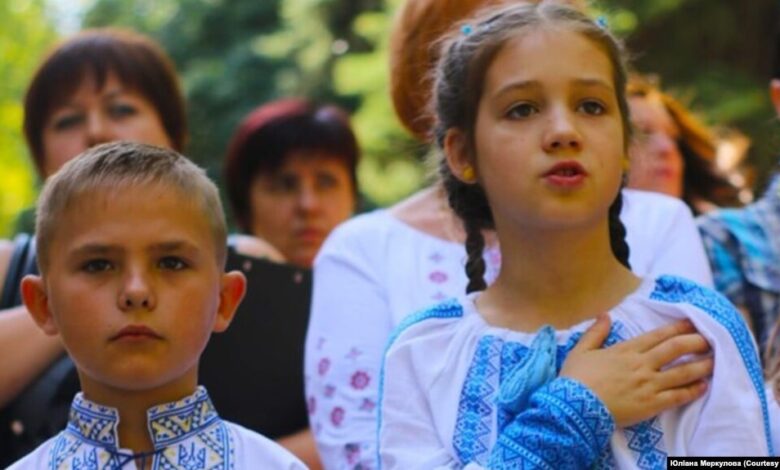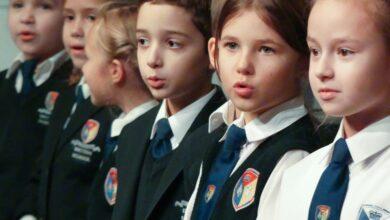The MES plans to increase the number of Ukrainian-language educational centers abroad

Since the beginning of Russia’s full-scale invasion of Ukraine, millions of Ukrainians have been forced to leave their homes, finding themselves in different corners of the world. Among them is a huge number of school-aged children who, together with their parents, sought safety abroad. In these conditions, the question arose: how to provide them with quality education in their native language and maintain contact with Ukrainian culture?
The reform of the International Ukrainian School (IUS), which was recently announced by the Ministry of Education and Science of Ukraine, is aimed at solving this problem. MUS, created back in 2007, until that time was mostly a distance form of education aimed at children of Ukrainian diplomats and employees of foreign companies. However, today’s realities require new approaches and opportunities.
The reform plans include a significant expansion of the network of Ukrainian-language educational institutions abroad. If there are currently 42 centers operating in the system of the Moscow State University, then by 2026 their number is planned to increase to 100. This will allow to reach a larger number of Ukrainian children who are outside their homeland and help them get an education in their native language, while maintaining a connection with cultural values and national identity.
A new task for the International Ukrainian School will be the coordination of activities not only of its own centers, but also of Saturday and Sunday schools, cultural and educational centers that exist in different countries of the world. This includes supporting educational institutions in the temporarily occupied territories of Ukraine, where ensuring access to Ukrainian-language education is particularly important in the context of preserving national identity.
The reform envisages not only a quantitative expansion of the network of institutions, but also a significant increase in the quality of education. In particular, the first step will be the inventory of the existing network of schools and educational centers. During the next six months, a detailed analysis of the needs of these institutions, as well as the number of students studying under the MUS program, will be carried out. It is planned that the state will provide such institutions with the necessary textbooks and didactic materials, as well as organize consultations for teachers and parents.
From September 1, 2025, the first pilot group of educational centers that will participate in the new development program of the International Ukrainian School will be determined. This group will include institutions with the greatest needs and potential for expanding their activities. They will become a kind of “centers of excellence” that will spread the work and methods to other schools and educational centers.
It is especially important that the reform of the Ministry of Education and Culture takes place in the context of a global increase in the number of Ukrainian children abroad. According to the Ministry of Education, currently about 850,000 Ukrainian children are in different countries of the world, but only a third of them maintain contact with the Ukrainian educational system. Expanding the network of Ukrainian schools and educational centers abroad will help ensure that children do not lose touch with their homeland, do not feel disconnected from their native culture and language.
The reform also provides for the creation of new opportunities for the professional development of teachers. Teachers working in foreign schools will be able to take special training courses that will help them teach more effectively in the Ukrainian language and adapt curricula to the needs of students in different countries.
One of the important aspects of the reform is the integration of new technologies into the educational process. This will provide access to education for children who cannot physically visit educational centers due to remote location or other circumstances. The introduction of modern distance learning platforms will contribute to the fact that every child, regardless of the place of residence, has the opportunity to receive a quality education.
It is important to emphasize that the International Ukrainian School is not limited only to educational activities. It also carries out a cultural and educational mission, helping Ukrainian children and their families to keep in touch with national traditions, study the history and culture of their country, and participate in various cultural events. This is extremely important in the context of the formation of national identity and a sense of belonging to one’s homeland.





